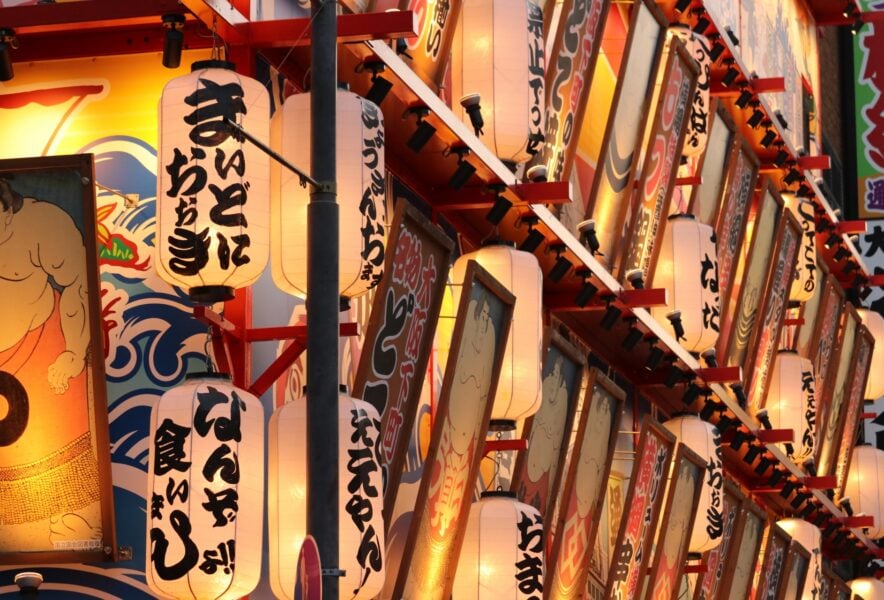Japan has 47 prefectures, each with its own unique culture and dialect.
The dialect spoken in Tokyo, the capital and largest city in Japan, is generally recognized as the "common (standard) language" of Japan.
On the other hand, Osaka, one of the major cities in western Japan, has a unique dialect called "Osaka-ben," in which people speak with intonations and words so different from those of people in Tokyo that it is easy to tell they are from Osaka by listening to their speech.
In this article, we will introduce and break down the unique words "Okini" and "Maido," which are commonly heard in Osaka.
The interesting etymology of okini
Okini means "thank you" and is one of the most typical Osaka-ben words to express gratitude.
The origin of the word okini is said to be “okini arigatashi" (大きに有り難し). The word “okini” means “very, extremely, much,” etc., and “arigatashi” means “so much better than it should be,” in other words, expressing gratitude.
So if you were to translate "okini arigatashi", it would correlate to "thank you very much" in English.
And eventually, the "arigatashi" part was shortened, and the "okini" part remained, and the word became synonymous to expressing gratitude, although the original meaning is very different.
So "okini" is pretty much equivalent to the "very much" part of the English phrase "thank you very much.
Not many people say okini in everyday life?
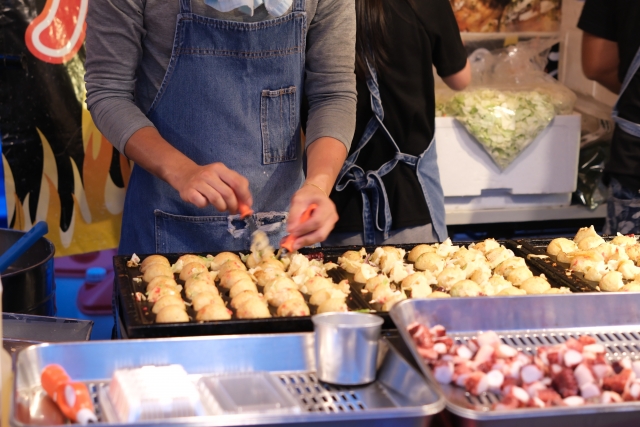
Although okini is known throughout Japan as one of the quintessential Osaka-ben word, not many people use it in their daily lives nowadays.
Even for people from Osaka, "arigato" is the most common way to express gratitude.
Then, why is okini considered to be a representative word of Osaka dialect?
The reason is that it is a favorite word of the merchants of Osaka. Osaka has long been a city of merchants.
In the past, okini was used in everyday life as a way of saying “thank you. However, it gradually fell out of use and is now mainly used in business transactions.
If you master maido, you will feel like an Osaka native
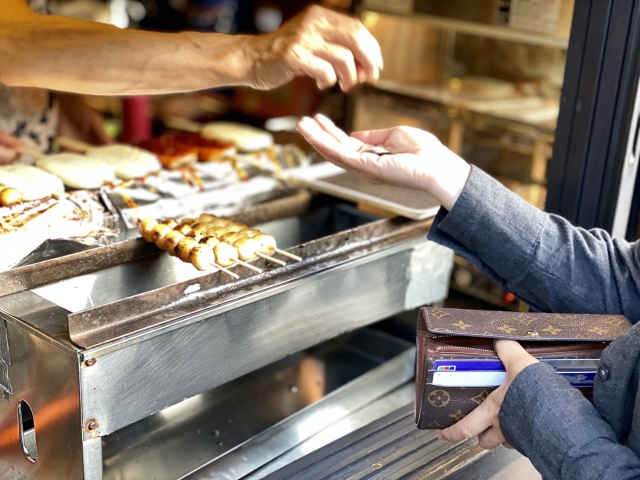
Like okini, “maido” is one of the most common words in the Osaka-ben, and is often heard in Osaka's shopping arcades.
The origin of the word "maido" is said to be "maido osewani natteorimasu" (まいどお世話になっております)or "maido arigatou gozaimazu" (毎度ありがとうございます). The latter part was omitted and "maido" is now used as a simple greeting.
Maido is now basically used in places of business, but it is also used to address people who are close to you if you are a gourmand. If you go to a lively shopping street, you will hear “Maido! Okini!" and you are sure to hear a cheerful voice.
Let's go to a shopping street in Osaka!
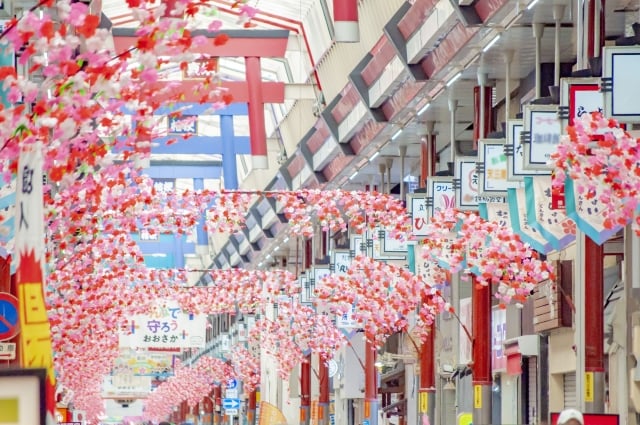
Osaka has many lively shopping streets. Shopping streets are called "shotengai" (商店街) in Japanese.
Even today, if you listen to the interaction between merchants and customers, you will hear cheerful “okini! The shopkeepers would say, “Maido okini!" (i.e. thank you for buying our products) The customers are sure to say “Ookini” in the same way.
Tenjinbashisuji 3-chome Shopping Street, the longest shopping street in Japan
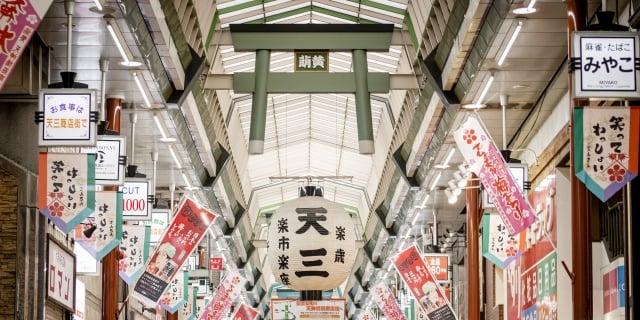
Tenjinbashisuji 3-chome Shopping Street” in Tenjinbashi, Osaka, is the longest shopping street in Japan, stretching approximately 2.6 km.
There are about 800 stores lining the street, offering a wide variety of stores for all kinds of food, clothing, and shelter.
You can experience the fun atmosphere just by walking through the shopping street, but if you have come all the way to Osaka, you should definitely try shopping in the shopping street.
Please be sure to say cheerfully, “maido! okini! and the shopkeepers are sure to be pleased. If you are lucky, you may be offered something extra! That is how much Osaka merchants value communication with people and love to chat.
Shopping streets are also a place where you can get a glimpse into the lives of the locals. If you want to experience the deep Osaka, please visit a shopping street!

